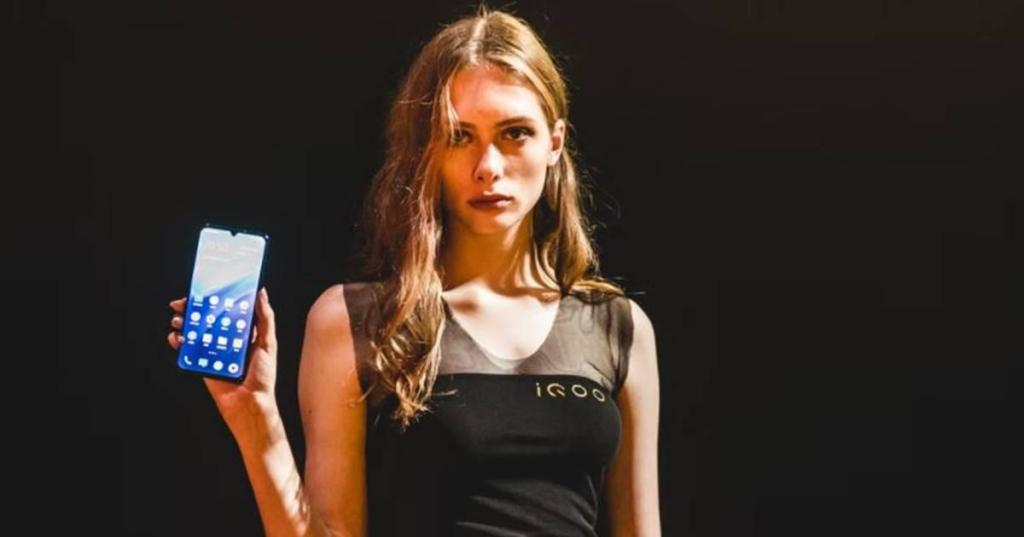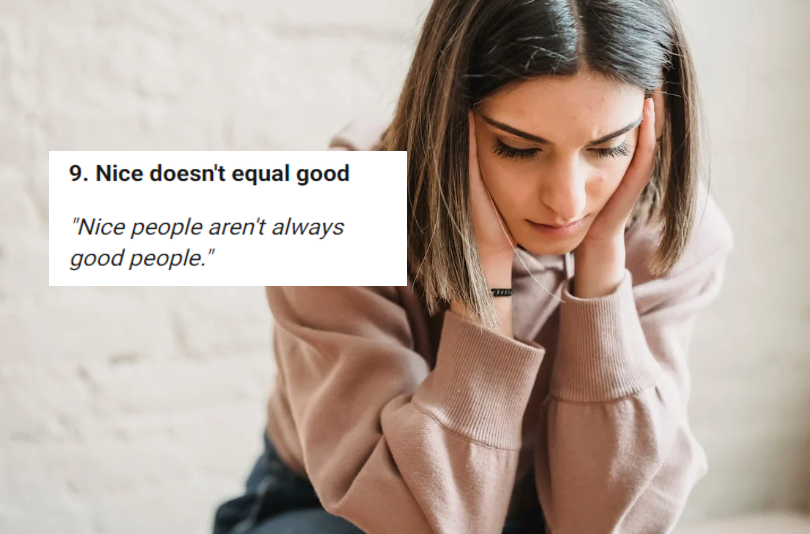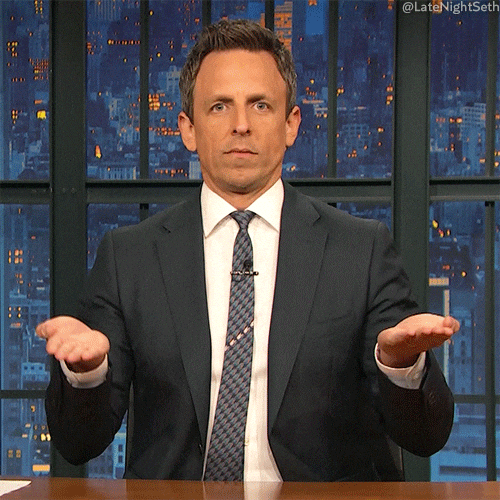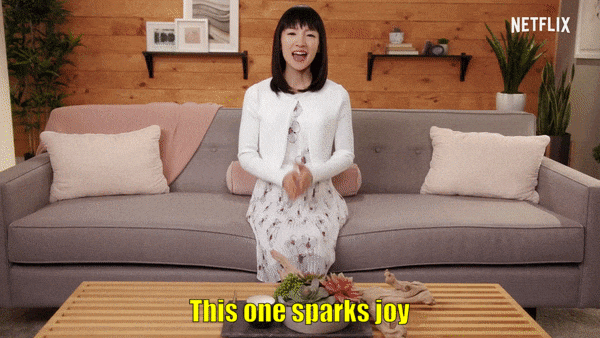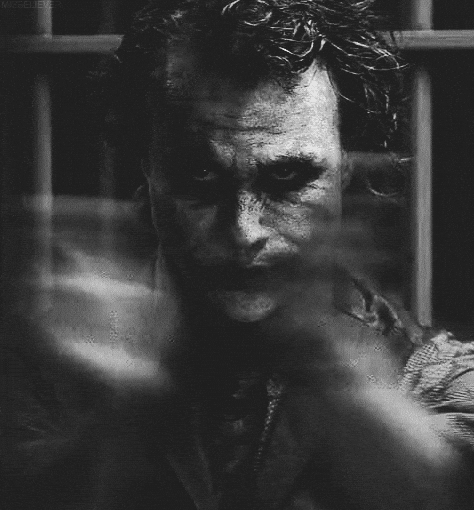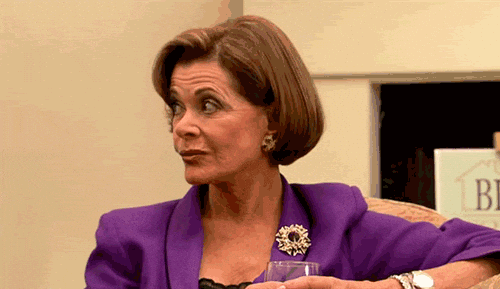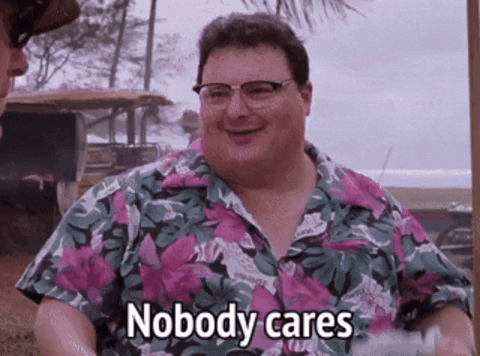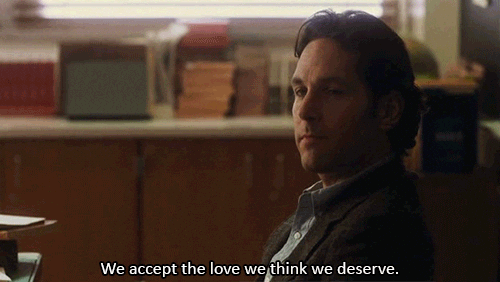Warning: The following story contains themes of suicide.
It’s been 15 years since the iPhone was released, and in that time we have seen a proliferation of social media apps that have fundamentally changed how people interact.
Massive societal changes have happened as a result, with little thought given to how they could change us as a species. But now, an emerging trend reveals the technological revolution hasn’t been benign. Studies show that overexposure to social media can have a negative effect on the mental health of teen girls.
Studies demonstrate that since 2012, as exposure to social media has increased, the life satisfaction and mental health of teen girls have decreased.
A study from BYU that tracked teens’ social media use from 2009 to 2019 found that while social media had little effect on boys’ suicidality risk, for girls there was a tipping point. Girls who used social media for at least two to three hours a day starting at around 13 and greatly increased their use over time were at “a higher clinical risk for suicide as emerging adults.”
“Something about that specific social media use pattern is particularly harmful for young girls,” said BYU professor Sarah Coyne, the lead author of the study.
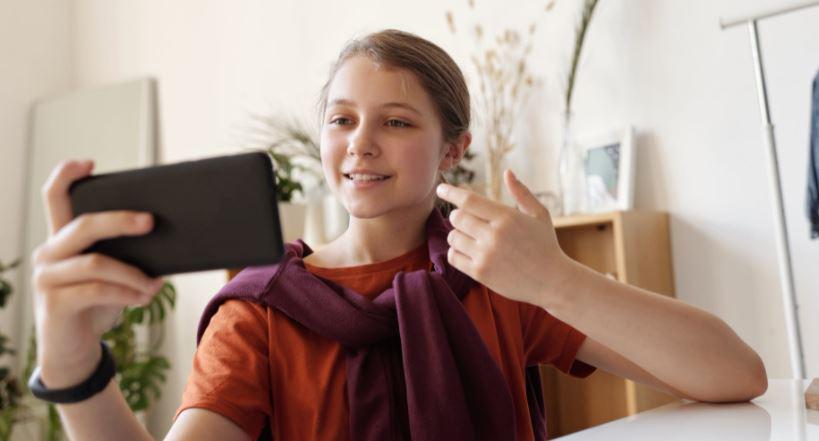
The CDC reports that the suicide rate for adolescent girls has doubled since 2007, and in 2015, three times as many 10- to 14-year-old girls were admitted to the emergency room after deliberately harming themselves than in 2010.
There is clearly a mental health crisis happening in teen girls that has grown alongside the use of social media apps, but can we make the leap from mere correlation to causation?
One study found that when young women were randomly assigned to play a video game, look at Facebook or scroll through Instagram for seven minutes, “those who used Instagram, but not Facebook, showed decreased body satisfaction, decreased positive affect, and increased negative affect.”
There’s also evidence that the more time that young girls spend on social media, the less happy they become. The same has been found for boys but the difference was less pronounced.
In 2017, British teens were asked to rank social media sites based on certain well-being measures, including body image and anxiety, and they found Instagram to be the most harmful.
Facebook’s researchers found the same thing in a leaked report.
“Teens blame Instagram for increases in the rate of anxiety and depression … This reaction was unprompted and consistent across all groups,” leaked internal documents from Facebook revealed.
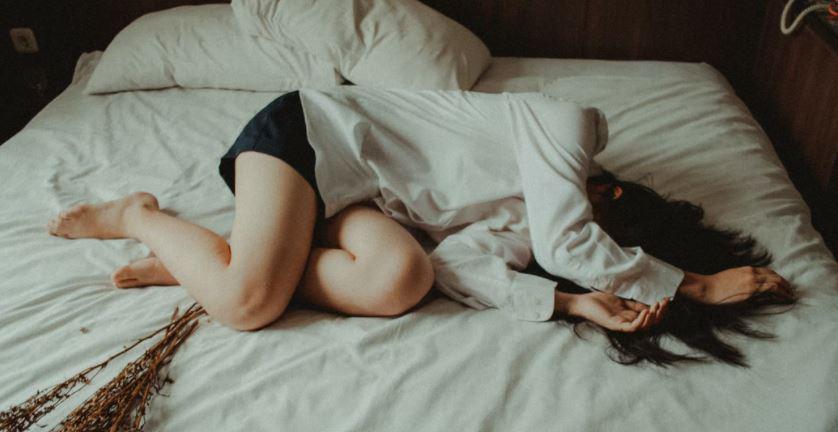
Jonathan Haidt, co-author of “The Coddling of the American Mind,” puts the blame squarely at the feet of Instagram. “Instagram, which displaces other forms of interaction among teens, puts the size of their friend group on public display, and subjects their physical appearance to the hard metrics of likes and comment counts—takes the worst parts of middle school and glossy women’s magazines and intensifies them,” Haidt wrote in The Atlantic.
Haidt’s research partner, Dr. Jean Twenge, author of “iGen: Why Today’s Super-Connected Kids Are Growing Up Less Rebellious, More Tolerant, Less Happy—and Completely Unprepared for Adulthood,” agrees.
“Teens who use social media, especially girls, can experience body image issues as they compare themselves to influencers on social media. Facebook’s own research found this was a much bigger issue for girls and young women than for boys and young men,” Dr. Twenge told Upworthy. “Teen girls and young women are at an age when body image is central to identity due to (as evolutionary psychologists put it) competition for mates. That occurs for boys and men as well but is not as acute.”
Social media preys on girls where they are most vulnerable and it also exposes them to bullying and negativity. Further, it takes up precious hours in the day when they could be enjoying more fulfilling, positive activities.
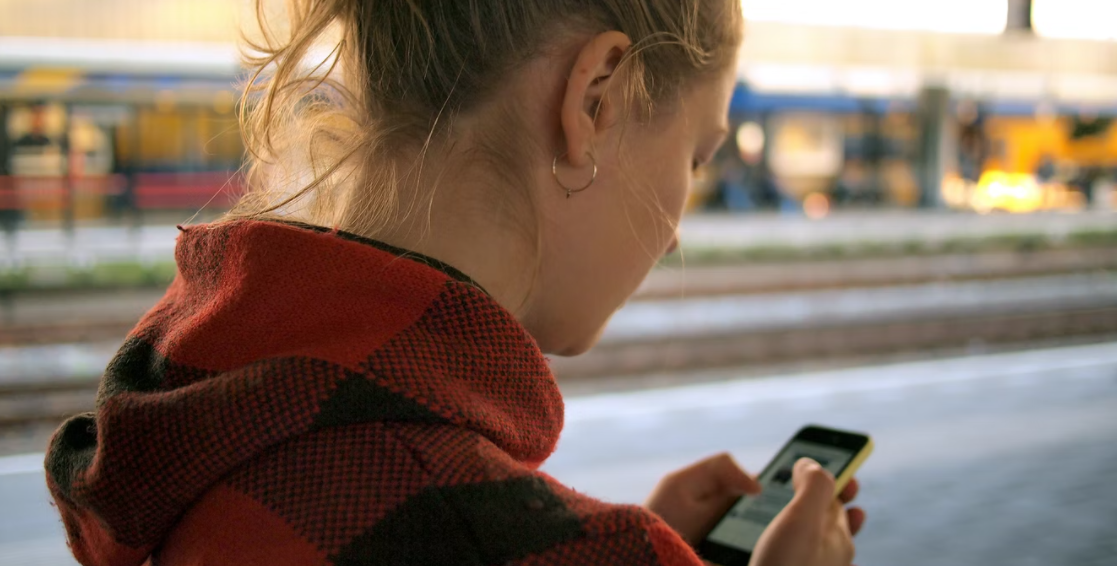
“Teens who spend an excessive amount of time on social media (4+ hours) have less time for more beneficial activities,” Dr. Twenge told Upworthy. ”Social media may interfere with sleep, either from teens looking at it late at night or in the middle of the night when they should be sleeping and/or from looking at it before bed and then ruminating about it when they are trying to fall asleep.”
Dr. Twenge told The New York Times that these days, some young girls will opt out of face-to-face social activities in favor of sitting at home, staring at their phones. “It’s now the norm to sit home Saturday night on Instagram. Who’s popular and who’s not is now quantifiable by how many people are following you,” she said.
Social media is a double-edged sword because teens who decide to avoid the apps face social ostracization.
“As one college freshman told me, ‘You feel left out if you use social media, and left out if you don’t. You can’t win,’” Dr. Twenge told Upworthy.
If social media is dangerous for teens but being out of the social loop causes problems as well, what are parents to do? Dr. Twenge says we have to “use it more mindfully.”
Parents should set limits about the amount of time their kids spend on technology and to use control features that allow them to lock their kids’ phones at specific times during the day.
She adds that screen time should end at least an hour before bedtime to avoid disturbing their sleep.
Evidence shows that there is real reason to be concerned about the effect that social media has on young girls. Over the past few decades, there has been a concerted effort to point out the damage that unrealistic body images in advertising and in magazines have had on the psyches of young women, but little acknowledgment of the same kind of negativity on social media.
Let’s hope that the research done by psychologists such as Dr. Twenge inspires a shift in consciousness so that we begin to look at social media with the same scrutiny as traditional media.
If you are having thoughts about taking your own life, or know of anyone who is in need of help, please call the National Suicide Prevention Lifeline at 1-800-273-TALK (273-8255) or text “HOME” to the Crisis Text Line: 741741.

